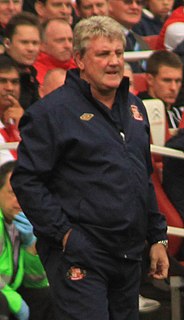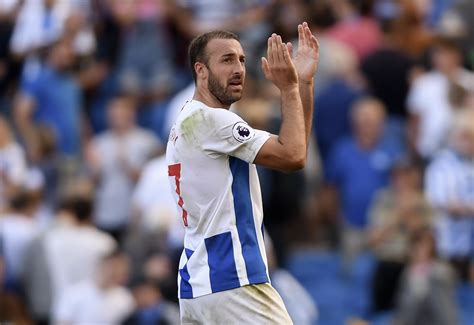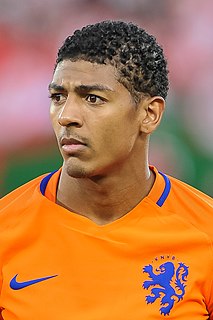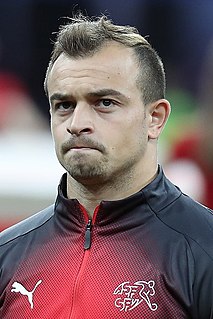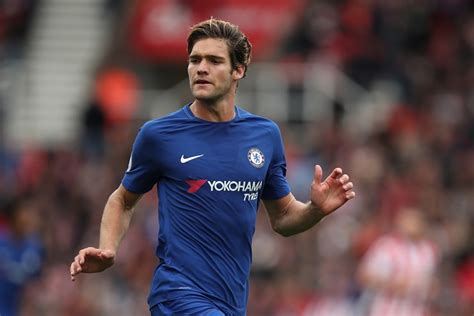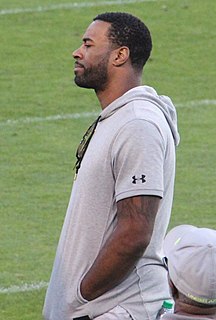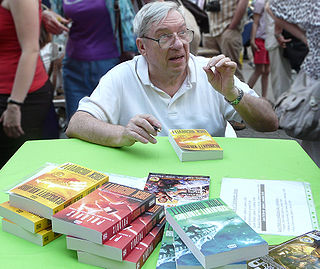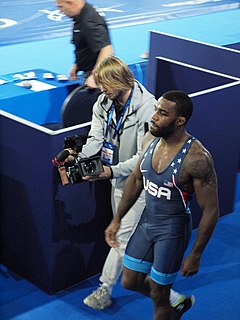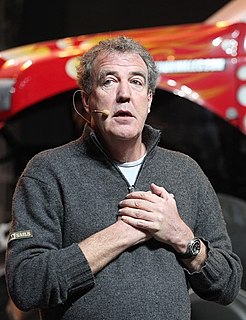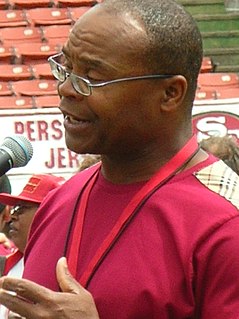A Quote by Jordan Henderson
When I was very young, coming into the Sunderland side, if we got beaten, I'd be very down. I'd go home, and it would drag on for days, I'd be thinking about the game. I was from Sunderland, felt things like a fan, and got really down.
Related Quotes
There's no black and white, left and right to me anymore; there's only up and down and down is very close to the ground. And I'm trying to go up without thinking about anything trivial such as politics. They have got nothing to do with it. I'm thinking about the general people and when they get hurt.
You love the game, but it's hard to do the things you do when you're feeling like you're a leg down all the time, literally. Or you're always beat up, even coming into the season. So it's just not as fun when you're down, and you got to work your way up. And you can't really get there because you're so beat up.
I had a very down-to-earth product, my wrap dress, which was really a uniform. It was just a simple little cotton-jersey dress that everybody loved and everybody wore. That one dress sold about 3 or 4 million. I would see 20, 30 dresses walking down one block. All sorts of different women. It felt very good. Young and old, and fat and thin, and poor and rich.

